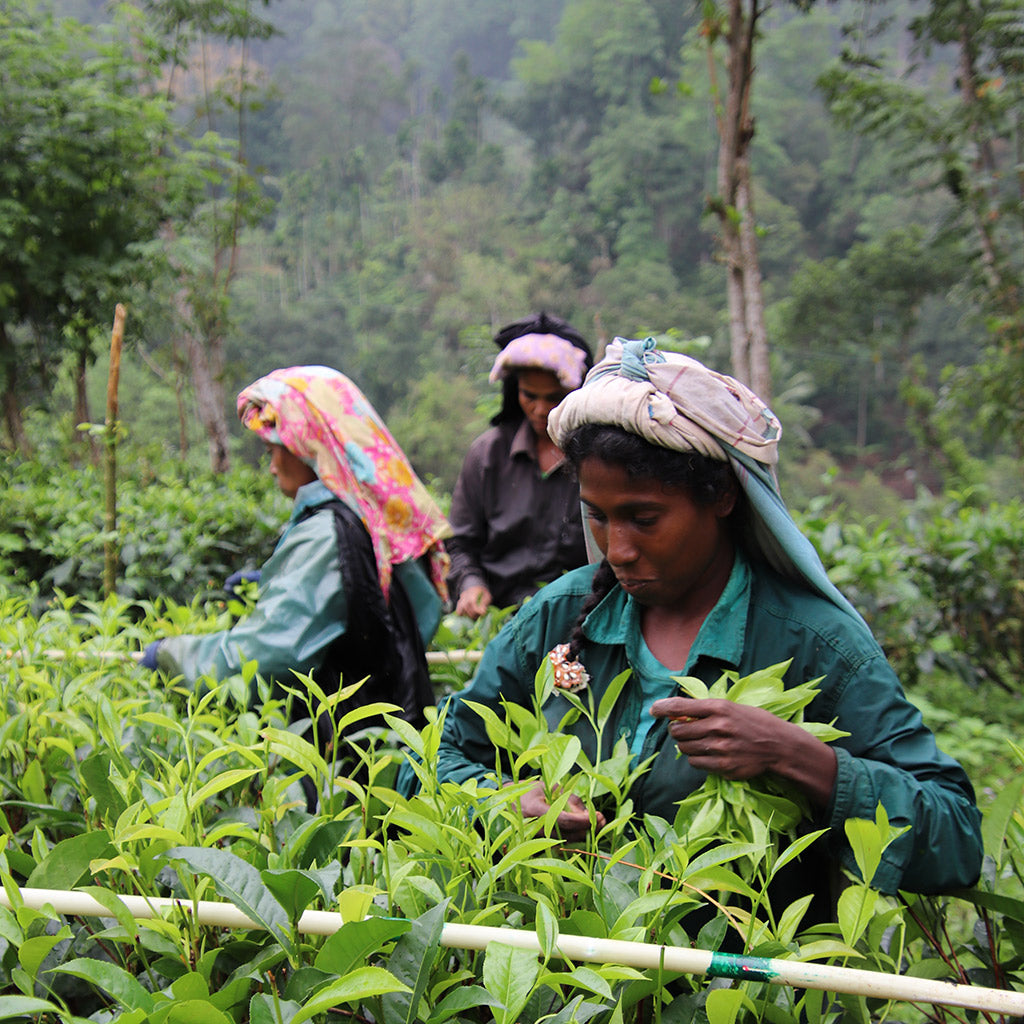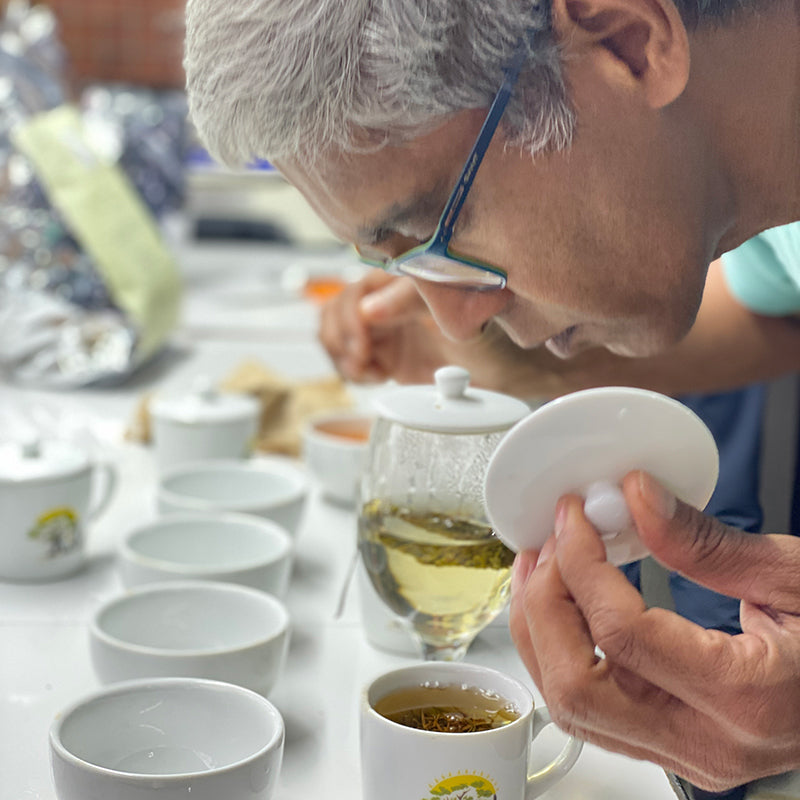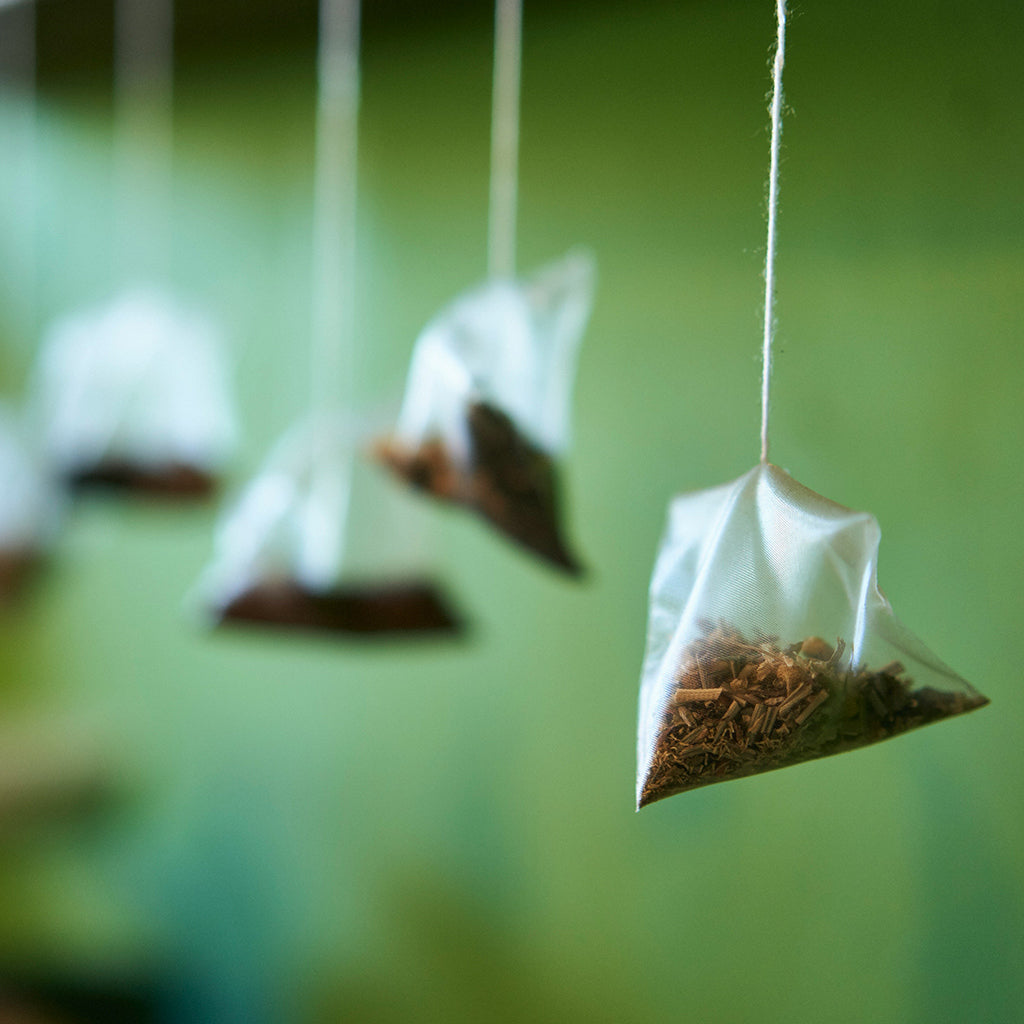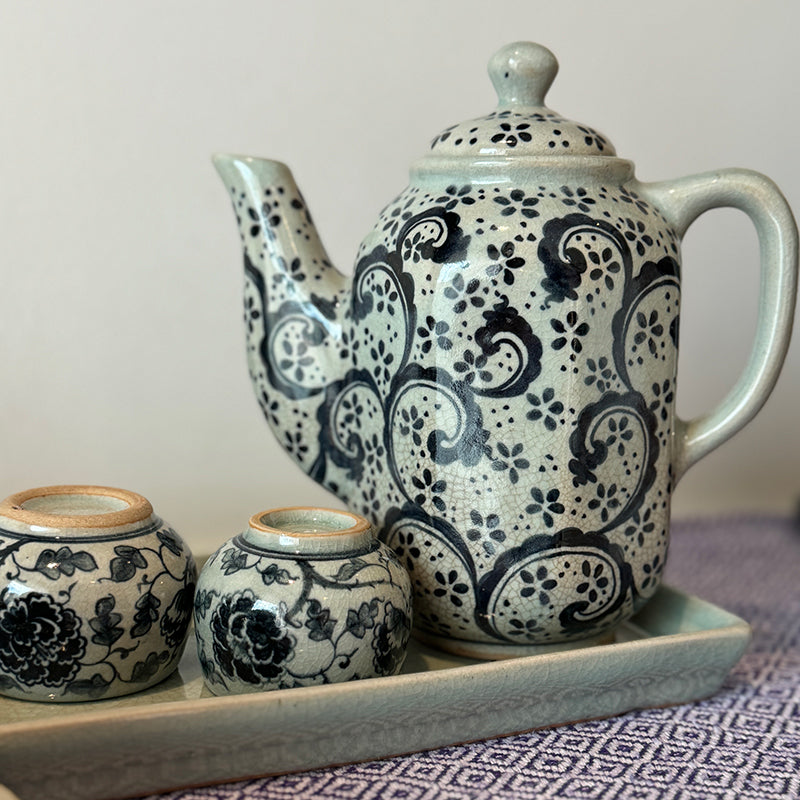Tea, one of the most beloved beverages in the world, has a rich history dating back thousands of years. Its origins can be traced to ancient China, where it was first discovered and cultivated for its medicinal properties.
Over time, tea spread to various parts of the world, becoming an integral part of different cultures. Among the many tea-producing countries, Sri Lanka, formerly known as Ceylon, stands out as a top-notch producer of some of the finest teas globally. In this article, we delve into the origins of tea and explore the factors that make Sri Lanka's tea the best in the world.

The Origins of Tea
Tea's journey began in China during the Shang Dynasty around 1500 BCE. According to legends, Emperor Shen Nong accidentally discovered tea when a tea leaf fell into a pot of boiling water, creating a delightful aroma and taste. This marked the beginning of tea's long and captivating history.
Initially, tea was used mainly for medicinal purposes due to its perceived health benefits. Gradually, it gained popularity as a beverage, and by the Tang Dynasty (618-907 CE), tea had become an essential part of Chinese culture and society. Tea drinking spread along trade routes to Japan, Korea, and eventually to other parts of the world.
The Spread of Tea Cultivation
Tea's popularity grew rapidly, and as trade expanded, it reached various corners of the globe. In the 17th century, the British East India Company began importing tea from China, leading to an increase in demand in Europe. However, Britain faced challenges with its tea supply when China imposed restrictions on trade.
In search of an alternative source, the British explored the possibility of cultivating tea in their colonies. This led to the establishment of tea plantations in India and eventually Sri Lanka, which proved to be the turning point for the island's tea industry.

Sri Lanka's Tea Industry
Sri Lanka's tea industry dates back to the early 19th century when the British introduced tea cultivation to the island, then known as Ceylon. The region's favorable climate, abundant rainfall, and diverse elevations created the perfect conditions for growing tea. The British planters experimented with different tea varieties and techniques, transforming the landscape into lush green tea estates.
Today, Sri Lanka is renowned as the world's fourth-largest tea producer, contributing significantly to the global tea market. The island's tea industry remains an essential pillar of its economy, providing employment opportunities and livelihoods for thousands of Sri Lankans.
The Unique Characteristics of Sri Lanka's Tea
Several factors contribute to the exceptional quality and flavor of Sri Lanka's tea:
a) Terroir: Sri Lanka's tea-growing regions, known as "tea estates," are scattered across varying elevations, from sea level to high mountain ranges. Each region's unique terroir, which includes climate, soil, and altitude, imparts distinct characteristics to the tea leaves.
b) Ceylon Tea Varieties: Sri Lanka produces a wide range of tea varieties, each with its own taste profile. The island's tea is often categorized into different grades, such as black tea, green tea, white tea, and oolong tea, catering to different consumer preferences.
c) Manufacturing Process: The tea leaves undergo a carefully monitored manufacturing process, which includes withering, rolling, fermentation, and firing. This meticulous approach ensures that the delicate flavors and aromas of the tea are preserved, resulting in an exceptional final product.
d) Hand-Picking: Traditionally, many of Sri Lanka's tea leaves are hand-picked, ensuring that only the finest leaves and buds are harvested, contributing to the tea's overall quality.

The Influence of Ceylon Tea on the Global Market
Sri Lanka's tea, known as Ceylon Tea, quickly gained recognition for its exceptional taste and quality. The country's unique geographic features and meticulous production methods set it apart from other tea-producing regions. As a result, Ceylon Tea has earned several prestigious awards and accolades over the years, cementing its position as a global favourite.
The history of tea is a fascinating journey that has transcended time and cultures. From its humble beginnings in ancient China to its widespread popularity worldwide, tea remains a cherished beverage cherished by millions.

Sri Lanka's tea industry stands as a testament to the perfect marriage of nature's bounty and human craftsmanship, producing some of the world's finest teas. As tea enthusiasts continue to explore and savor the diverse flavors of Ceylon Tea, its legacy as an exceptional beverage is bound to endure for generations to come.




